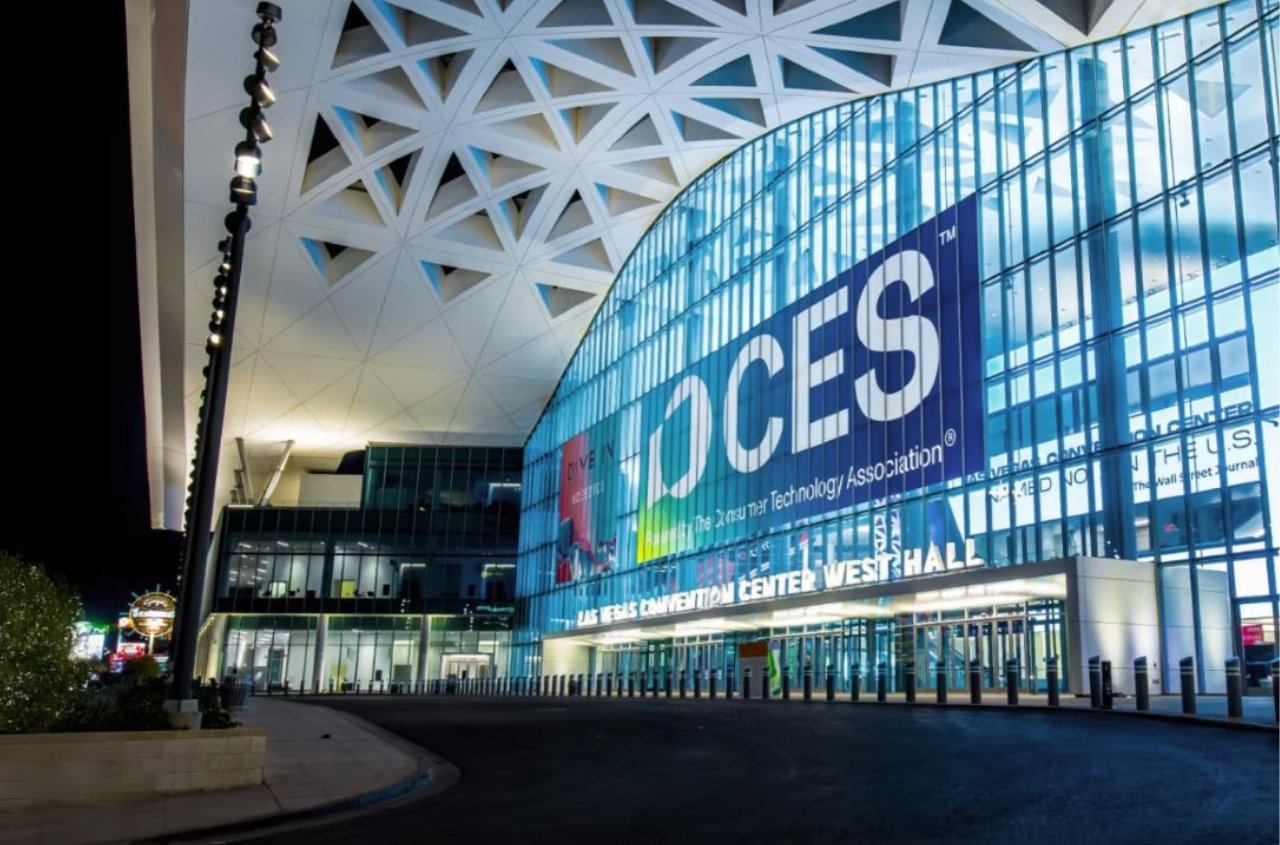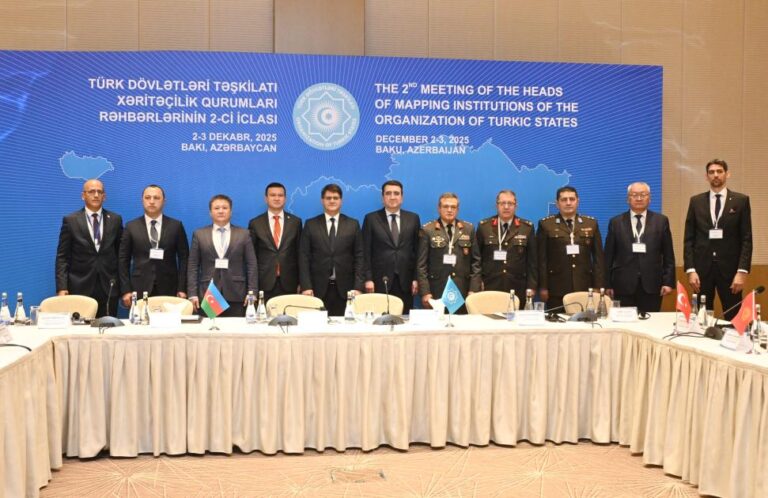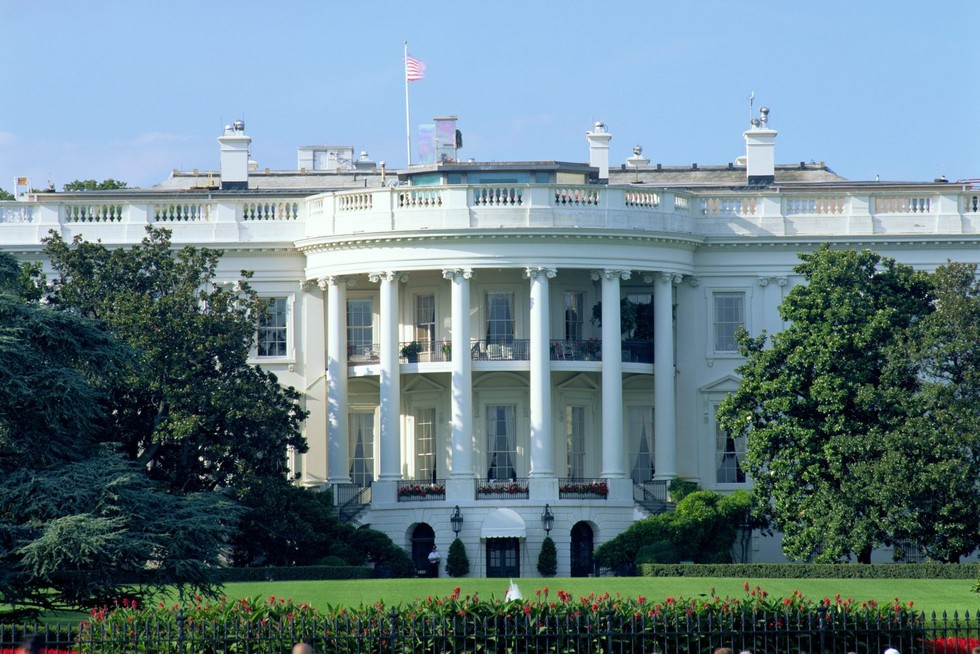Sic transit gloria mundi (from Latin — “Thus passes worldly glory”).
As is known, this is a paraphrase of a quote from the key work of the German mystical philosopher Thomas à Kempis, who lived in the 15th century — The Imitation of Christ.
Thomas à Kempis wrote: “O quam cito transit gloria mundi” (“Oh, how quickly the glory of the world passes”).
Wallerstein identified 2025 as the beginning of the crisis of the Western capitalist system.
He marked its end around 2050, when new outlines of the global world-system would be formed.
The U.S. strike on Iran will one day be described as one of the episodes of the First Global War of the Non-Polar World.
Trump disproved idle speculation by some experts — in the world and in Ukraine — that he came to power merely to win the Nobel Peace Prize.
Not even his nomination for that prestigious prize (which Obama has — and that fact gnaws at Trump) from Pakistan helped.
No, that’s not why Trump received generous donations to his campaign fund from Miriam Adelson, a prominent figure in the Jewish diaspora in the U.S.
Now Pandora’s box has been opened, and “all the misfortunes of the earth” are flying out.
Wallerstein outlined several forms of transformation of the global world.
He spoke of clustering and global fragmentation.
The marginal return on capital in the real economy in the West has dropped to a critically low level.
The depth of the structural imbalance in layers of capital is highlighted by the fact that dividend income of the largest TNCs (a direct derivative of real capital return) is 2–3%, while stock market yields (a derivative of virtual capital) are 40–50%.
The creation of global value-added chains was supposed to compensate for the “failures” in capital return by relocating production to third-world countries.
And for several decades, this scheme worked.
But as wages and taxes rose in the Global South, and protectionism grew in Western countries — this compensatory mechanism ceased to function at the necessary scale.
This led to the erosion of the economic rationale for global capitalism.
The new economic transformational crisis will lead to the replacement of liberal models worldwide with protectionist and quasi-state ones.
Just as it happened in the 1930s during the Great Depression and the global crisis that collapsed commodity markets, including grain.
Which, in turn, led to the dismantling of the NEP in the USSR and the liberal capitalist model in Germany.
The current world is moving toward several similar forms of socio-political organization:
Technological Sparta or quasi-democratic fascism, technocratism instead of capitalism, and corporations instead of the classical state. Corporatocracies instead of the “deep state.”
A revived Pareto model: a 20/80 society.
Where the top 20% retain egalitarian principles and conditional equality, but the overall system is elitist, as the remaining 80% are gradually stripped of their rights through digital control mechanisms.
A format of society where there is a cluster of “unneeded people”: at the top, nearly immortal “ephors on biohacking,” and at the bottom — rapidly dying “helots on fast food.”
For the first time, Western society risks facing social instability and the specter of class struggle, which it had been spared for over 50 years by pushing these processes to the periphery of the Western oikoumene.
Now, social contradictions strike at the very core of the Western world-system, like a slowly spreading necrosis, worsened by the external migration crisis.
Humanity has failed to create an inclusive, egalitarian world-system.
That would be a world in which the Global South exports goods and services to the West — not people. But this would require open borders and a free trade regime, not border walls and 50% tariffs.
Thus, the world is entering an era of forced segregation, the real abolition of sovereignty for weaker nations, and a harsh elitist restructuring.
How will the Global South respond?
Neo-feudalism and economic nationalism — a system of new societal loyalty to power and new legitimacy of that power.
And this legitimacy will be based on confrontation with the Western world, on the refusal to become “helots.”
Several models can be distinguished here:
-
The Khomeini Model — building a closed system based on radical dissimilarity with the global world-system and collective rejection of global rules.
-
The Kim Jong-un Model — maximum militarization and turning the country into a kind of “besieged fortress.”
-
The Xi Jinping Model — maximum external integration into global value chains with the aim of appropriating part of the West’s potential for gross capital formation, but based on an internal, unique development model.
-
The Saudi Model — integration with the Western world for the supply of raw materials in exchange for technologies and internal development.
All other countries of the Global South will sooner or later face the “actual abolition of sovereignty” — falling under the control of transnational corporations (TNCs) or other globalist structures.
Their fate is extremely slow growth and mass migration formats — the “people in boats” or the “people on the trails.”
The Western global cluster will face a social crisis that will be described through various euphemisms such as: “migration crisis,” “rise in crime,” etc.
The “people in boats” will intensify this process as a “foreign body” within the host — Europe or the U.S.: first consuming internal vital forces and resources, then “breaking free” while simultaneously tearing the host apart from the inside.
The West will have to gradually dismantle both social structures and migration settings, or else its economic system will simply collapse.
The neoliberal state will not be able to effectively respond to all these challenges — it simply lacks coercive capacity.
And Technocratism and Technocracy do not yet have sufficient legitimacy.
The streets will increasingly be controlled by private suppression structures on one side, and religious-political organizations on the other.
A confrontation between Money and Faith.
This will all end with the construction of a new world-system and the collapse of the old one.
And we are in the middle of that process.




















